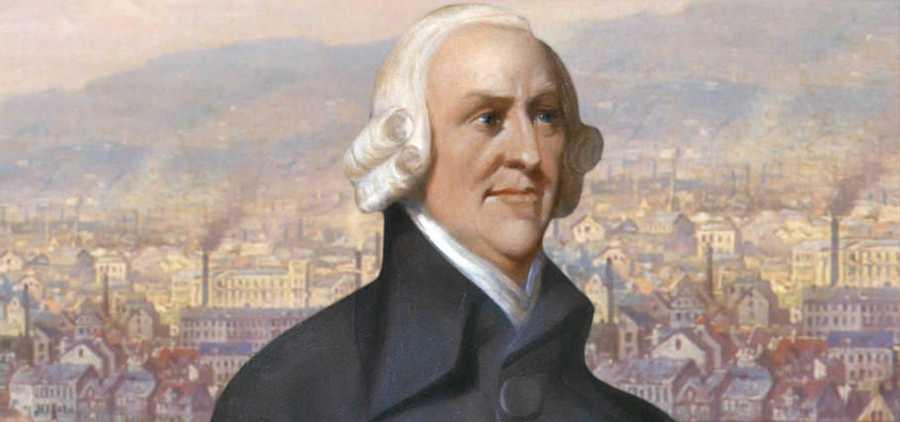Adam Smith: The Father of Economics
Curated from: investopedia.com
Ideas, facts & insights covering these topics:
6 ideas
·1.37K reads
10
Explore the World's Best Ideas
Join today and uncover 100+ curated journeys from 50+ topics. Unlock access to our mobile app with extensive features.
Adam Smith: the father of modern economics
Adam Smith was an 18th-century Scottish economist, philosopher, and author. He is considered the father of modern economics.
- Smith was born in 1723 in Scotland. He studied moral philosophy at the University of Glasgow and enrolled in postgraduate studies at the Balliol College at Oxford University.
- After returning to Scotland, Smith held a series of public lectures at the University of Edinburgh and earned a professorship at Glasgow University in 1751. Later he earned the position of Chair of Moral Philosophy.
- In 1763, he accepted a more remunerative position in France. There, Smith counted philosophers David Hume and Voltaire as contemporaries.
57
357 reads
Adam Smith's ideas
- In his first book, "The Theory of Moral Sentiments", Smith proposed the idea of an invisible hand - the tendency of free markets to regulate themselves through competition, supply and demand, and self-interest.
- He is known for creating the gross domestic product (GDP) concept and his theory of compensating wage differentials.
- In 1776, Smith published "An inquiry into the nature and causes of the wealth of nations" shortened to "The wealth of nations."
- In "The Wealth of Nations", Smith popularised many ideas that form the basis for classical economics.
55
277 reads
The evolution of human society
Adam Smith's work discusses the evolution of human society.
- First, he presents the hunter stage without property rights or fixed residences to nomadic agriculture with shifting residences.
- The next stage is a feudal society where laws and property rights are established to guard privileged classes.
- Finally, modern society is characterised by free markets where new organisations conduct market transactions.
57
207 reads
The philosophy of free markets
- Adam Smith advocated for reducing the role of government intervention and taxation in free markets, but he saw the government as responsible for a country's education and defence sectors.
- From Smith comes the idea of the "invisible hand" that guides the forces of supply and demand and competition in an economy.
- For Smith, an institutional framework is necessary to steer humans toward productive pursuits that benefit society. The framework consists of institutions like a justice system that protect and promote free and fair competition.
57
169 reads
Assembly-line production method
Adam Smiths' ideas in "The wealth of nations" were a motivating factor in the evolution from land-based wealth to wealth created by assembly-line production methods that included labour division.
Smith argued that the division of labour and the associated specialisation creates prosperity.
53
197 reads
Gross Domestic Product (GDP)
The ideas in "The wealth of nations"(Adam Smith) provided the seed for the concept of GDP and altered the importing and exporting business.
Before, countries declared their wealth based on the value of their gold and silver. Smith argued that countries should instead be evaluated based on their levels of production and commerce. This concept was the foundation for creating the GDP metric for measuring the wealth of a country.
54
166 reads
IDEAS CURATED BY
Lucy 's ideas are part of this journey:
Learn more about economics with this collection
How to prioritize tasks effectively
How to manage your time efficiently
How to reduce stress and anxiety
Related collections
Similar ideas
6 ideas
Adam Smith and "The Wealth of Nations"
investopedia.com
6 ideas
5 Nobel Prize-Winning Economic Theories You Should Know About
investopedia.com
2 ideas
Contagion Definition
investopedia.com
Read & Learn
20x Faster
without
deepstash
with
deepstash
with
deepstash
Personalized microlearning
—
100+ Learning Journeys
—
Access to 200,000+ ideas
—
Access to the mobile app
—
Unlimited idea saving
—
—
Unlimited history
—
—
Unlimited listening to ideas
—
—
Downloading & offline access
—
—
Supercharge your mind with one idea per day
Enter your email and spend 1 minute every day to learn something new.
I agree to receive email updates

